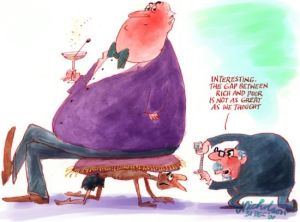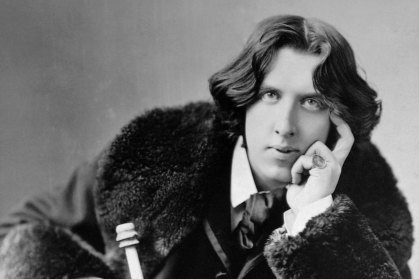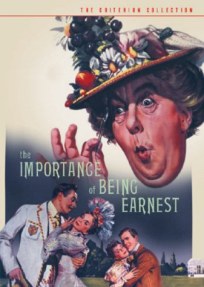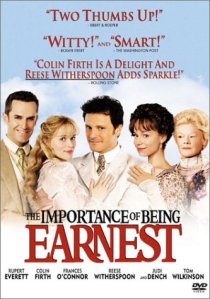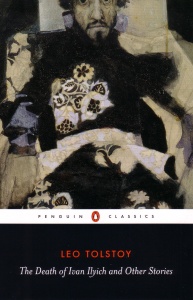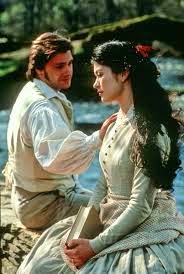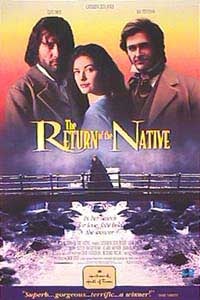Do the interests, concerns and experiences of writers in the Nineteenth Century still have relevance to human needs in the twenty-first century?
Nineteenth century writers were concerned with conventions that still impact our society today. In the literature periods that we have studied (Romanticism and Victorianism) we have reflected on how writers are concerned with the human condition. Romantic thinkers strongly opposed the enlightenment period and Romantic artists, poets, and writers alike, were shaped by their direct experiences with nature. Similarly, Victorian thinkers critiqued the social, political and economic structures of Victorian England. These interlocking structures resulted in a torrent of disadvantage for the lower classes. Authors of the 19th century also argued against conventional learning and suggested that more knowledge could be acquired through our personal experiences. William Wordsworth, Charles Dickens and Thomas Hardy were not only my favourite authors from the 19th century, they were also extremely influential writers.
Conventions that transcend time from the Nineteenth century to the twenty first century include; inequality between the classes, disconnection with the natural world and views on conventional learning. Although over 200 years have passed, it appears that our modern world is accustomed to similar inequalities evident in the 19th century.
There are Modern-day stereotypes, stigma and prejudice that brand people based on their status within society. Lower classes particularly have been represented in an unappealing manner whereby, individuals have been disregarded and disrespected. Take for example the current SBS program “Struggle Street,” which has created nation wide debate. The producers of the show are arguing that they are producing informative and thought-provoking episodes that depict daily life. Yet, the show is depicting people in their lowest states. The show is not thought-provoking, it is showing hours upon hours of people from one specific targeted area who are drug dealers, homeless and uneducated. By doing so, the show stereotypes not only Mount Druit (the area in which the show is set) but also the show stereotypes the lower classes. “Struggle Street” is a representation of social injustice that the 19th century writers opposed. Even through my own personal experiences I have witnessed people putting down those from the lower classes. Unfortunately some people of our time are judgmental and lack compassion for those who are poor or disadvantaged. I constantly hear comments such as “she should just get a job…” “It’s there own fault.” It is sad that many people do not investigate or consider why people are in a challenging or disadvantaged situation. Disregard for the lower classes was a key concern for 19th century writers, particularly for Charles Dickens. In his writings, Dickens was looking to cure England. In Hard Times Dickens used the circus as symbolic antidote to liberate the working class and provide a form of entertainment.
Disconnection from the natural world is a key concern which has transcended time from the 19th century to the 21st century. Today, individuals are disconnected for the natural world due to a range of reasons; educational commitments, work, materialist possessions and technological advancements. The wrist watch was a major concern during the 19th century and now, technology seems to be ruling our lives. Our smart devices allow us to communicate with people from all over the world, however these devices prohibit us from connecting with our physical world. It is confronting and also saddening that many individuals would prefer to play video games or watch a movie instead of considering what the natural world has to offer. In the 19th century writers felt that people of the time did not appreciate or connect with nature or the world. This concern was expressed by Wordsworth who argued passionately about the benefits of being connected with the natural world. Similarly, Hardy in Return of the Native highlighted the landscape of the Heath in a sublime way.
Another concern that has transcended time is that relating to education. In the 19th century, writers critiqued the rigid way in which individuals learnt. Particularly, Wordsworth highlighted that one does not need to consult books to have their mind stimulated, rather one’s mind can be stimulated through passiveness and through nature. Wordsworth argued that factual learning compromised human happiness. I too argue that factual learning to an extent compromises human happiness. I have received so many assignments this semester that require me to simply research a topic and report on that topic. I spend many days at my computer collecting information and as I stare outside of my dining room window I gaze on the magnificent natural world and wish that I could be outside. I argue that education should incorporate natural elements. As human beings we spend far too much time reading from textbooks and learning through sources, this is effective however learning should also be based on our physical experiences. Key writers from the 19th century critiqued the rigid education system which did not cater for individuality or creativity. Similarly, in the 21th century our education system still does not promote free thinking and creativity. Our system is so structured, I would argue too structured, as there are specific standards which control pretty much everything we learn and teach.
Thus, authors of the 19th century focused on the importance of human treatment, emotions and passions. It appears that the interests, concerns and experiences of 19th century writers apply today. In the 21st century there remains to be mistreatment of the lower classes, disconnection from the natural world and strong views on education.
Note: a consideration of my blog responses from weeks 1, 2, 5 and 6 can be used to explore the 19th century and modern day views on education, nature and technology.


